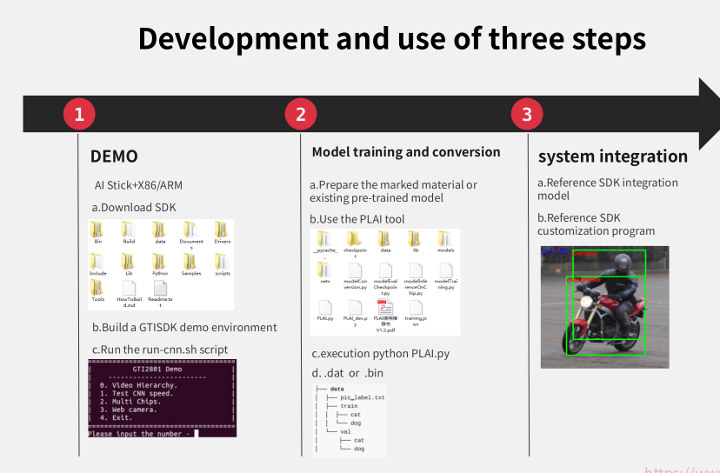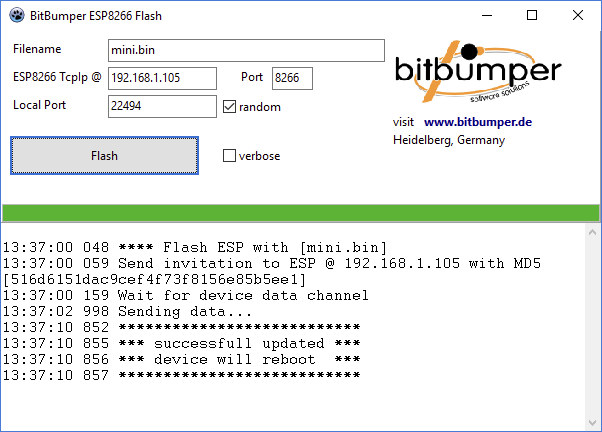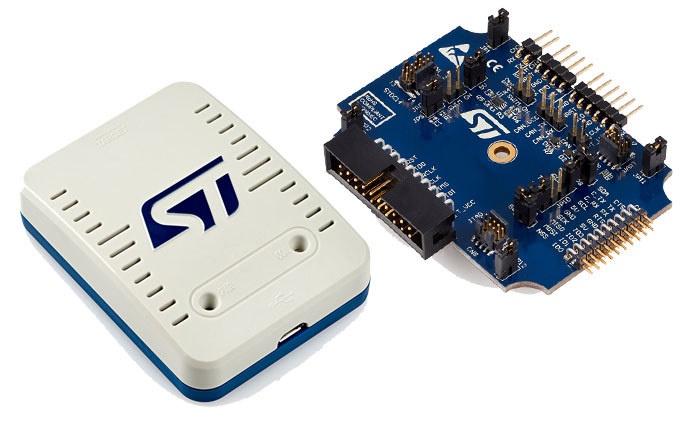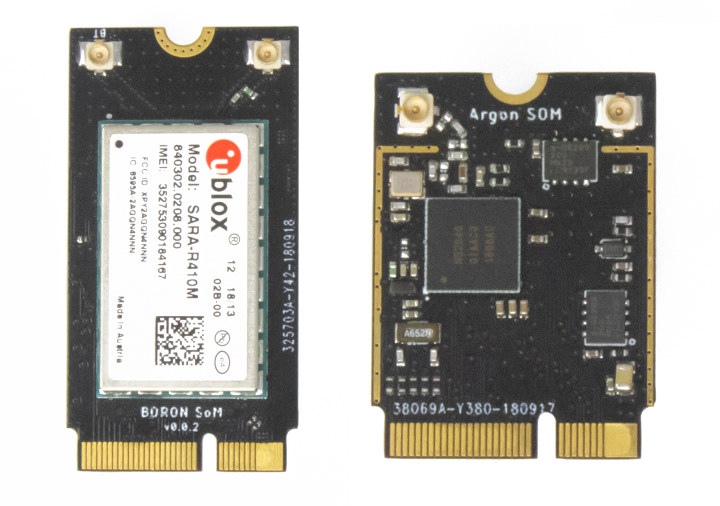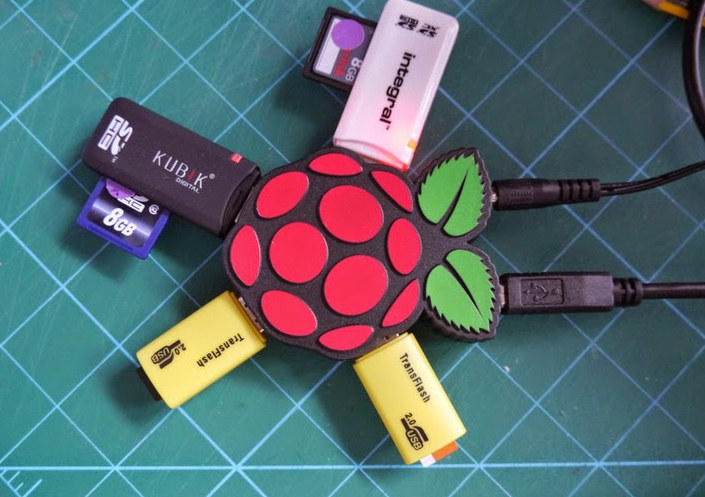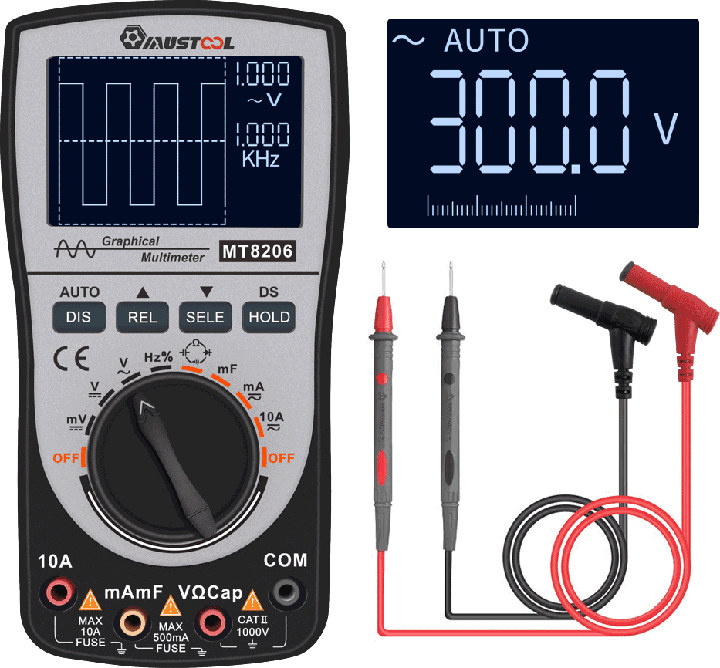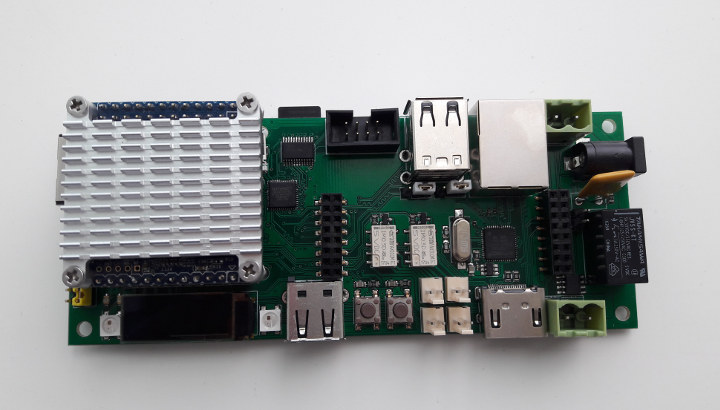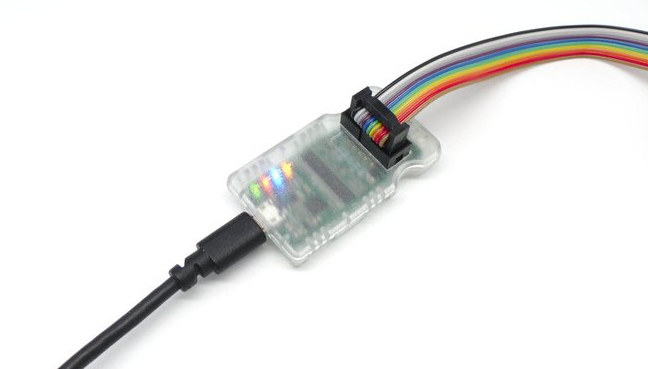We covered the launch of Orange Pi AI Stick 2801 neural compute stick a few days ago, the first easily available Gyralcon Lightspeeur based USB stick, and noted that while the hardware was there, we had no details about software development kit and documentation at the time. I’ve got some more information now. First, the company release an English presentation about the neural stick, and while it’s not technical documentation, it provides insights into what it is capable of, and an overview about the workflow. More importantly, Shenzhen Xunlong Software also released Orange Pi AI Stick SDK and user manual for x86 PC, as well as cat/dog data and pre-trained models to get started. However, if you want to perform training with your own data, you’ll need to purchase the stick plus PLAI model transformation and training tools sold on Aliexpress for $218 plus shipping, that’s $69 for the hardware, […]
BitBumper ESP8266 Flash is a Standalone OTA Update Tool
While it’s possible to perform OTA firmware update of ESP8266 with platformIO, Jochen wanted a standalone program to update the firmware of his ESP8266 based devices, and since he could not find any that satisfied his needs, he decided to write his own ESP8266 standalone OTA update tool: BitBumper ESP8266 Flash. The tools work in the local network or over the Internet, and the firmware needs to support PlatformIO OTA update mechanism with the code having the line:
|
1 |
ArduinoOTA.begin(); |
If your ESP8266 device is already running such firmware, you just need to load the new firmware in the program, input the IP address and port, and click flash. Jochen programmed BitBumper ESP8266 Flash with Lazarus/Pascal, but as not released the source code at this stage. Instead he shared FlashEsp8266.exe tools for Windows as a freeware program, as well as user and developer documentation here. If somebody needs this tool for […]
STLink-V3 Modular Debugger & Programmer for STM32/STM8 Adds I2C, SPI, CAN Interfaces
STLink is the in-circuit debugger and programmer for STMicro STM32 and STM8 micro-control working with SWIM and JTAG/SWD interfaces. ST Microelectronics has now introduced STLink-V3 which also provides a Virtual COM port interface allowing the host PC to communicate with the target microcontroller through one UART, as well as bridge interfaces (SPI, I2C, CAN, GPIOs) which can be used for programming of the target through the bootloader for example. Key features of STLink V3 debugger: Stand-alone probe with modular extensions Self-powered through a USB connector (Micro-B) USB 2.0 high-speed compatible interface Direct firmware update support (DFU) JTAG / serial wire debugging (SWD) specific features:3 V to 3.6 V application voltage support and 5 V tolerant inputs Flat cables STDC14 to MIPI10 / STDC14 / MIPI20 (connectors with 1.27 mm pitch) JTAG communication support SWD and serial wire viewer (SWV) communication support SWIM specific features (only available with adapter board MB1440):1.65 […]
Particle Unveils Mesh SoMs and IoT Developer Tools
Earlier this year, Particle unveiled three IoT development boards based on nRF52840 Bluetooth 5/802.15.4 WiSoC and supporting Particle Mesh, which interestingly is not based on Bluetooth Mesh or even Bluetooth, and instead relies on Thread specification/OpenThread implementation, and the 802.15.4 radio of the chip with Bluetooth only used for the initial setup stage. Particle announced the shipping date (October 2018 or… this month) for their Mesh boards pre-ordered in February, as well as three new products in a recent blog post. One of the products is a family of system-on-modules compatible with Particle Mesh, while the other two are related IoT developer tools. Particle Mesh SOMs The Particle Mesh SOMs will have similar names and features as corresponding Particle mesh developers kits such as Boron (NB-IoT / eMTC + BLE + Mesh) and Argon (ESP32 WiFi, BLE + Mesh), but with an edge connector and designed as enterprise-grade, production-scale version […]
How to Make a Low Cost DIY SD Card Duplicator
If you have to duplicate many SD cards for example to boot Raspbian on multiple Raspberry Pi board, one option is buy one of those SD card duplicators, but the problem is that they are not really cheap, for example the Systor 1-to-7 cards model sells for $540. Bob Brown, a retired senior lecturer, is now teaching K-12 students how to get started with Raspberry Pi boards, and must prepare bootable SD cards for his class. In order to save time, a duplicator would have been nice, but the price is too high, so instead he went with a DIY solution. You’ll first need some hardware, including a powered USB hub with the number of cards you want to duplicate, and corresponding SD card reader, and a larger micro SD card to hold Raspbian and/or other operating systems (optional, only for Raspberry Pi based duplicator). Mr. Brown made a 10-port […]
MUSTOOL MT8206 Multimeter & Oscilloscope Goes for $42 (Promo)
MUSTOOL MT8206 looks like a standard digital multimeter, but the device is actually a 2-in-1 device that also serves as a oscilloscope. Banggood have the digital multimeter scope on sale now for $47.99 shipped – going down to $42.23 with 12MT8206 coupon – as part of their 12th anniversary promotion running until September 7th. MUSTOOL MT8206 specifications: Sampling – 200 ksps (max), 3999 counts Bandwidth – 20 kHz Screen – 128×64 dot matrix LCD display Function Ranges DC voltage – 400mV, 4V/40V/400V/1000V AC voltage – 400mV/4V/40V/400V/750V DC & AC current – 40mA/400mA, 4A/10A Resistance – 400.0 Ohm to 40.00 MOhm Capacitance – 0.1μF-100μF/10mF Frequency – 5Hz to 5MHz Measuring Range – Manual/auto range Storage Capacity – 100 data sets, 10 wave forms Input Resistance – 10MΩ Misc – Auto power off function, relative value, Power Supply – 3x AA batteries Dimensions – 160 x 83 x 32 mm Weight – 190 grams Switching between multimeter […]
MuxPi Board Relies on NanoPi NEO to Enable Remote Testing of Development Boards
Product development often occurs in different location over the world, there may be one team in Asia, and another in Europe and the US. At the beginning, the number of working samples for a board may be limited, so the project manager may have to decide who gets the boards since those may not be available to all teams. So it would be great if somehow there was a way to do remote testing of boards, so maybe the team in Asia could setup the testbed, used it during there time, and once they are back home, the US team can take over remotely to carry on their own development work on the hardware. That’s exactly what MuxPi board is all about. The solution provide remote access via the Ethernet port of a NanoPi NEO board, and connects to the DUT (Device under Test) via HDMI, Ethernet, USB and other […]
μArt is a Universal USB to UART-TTL Adapter with Safety Features (Crowdfunding)
I’ve never had specific issues with USB to TTL debug boards personally, but potentially you could damage the target if you select one with the wrong voltage, and for more advanced use cases often do not include GPIOs. μArt USB to UART-TTL Adapter aims to solve those issue with wide voltage range (1.8 to 5.4V), safety features like galvanic isolation or over-current protection, and one header exposing I/Os. Key features: Universal TTL-UART – 1.8 – 5.4 V, up to 3M speed, standard & non-standard baudrates, pins for handshaking and flashing various MCU families, wide OS-support Galvanic isolation, integrated pull-ups, signal- and power-filters Over-current protection, reverse-polarity protection, ESD protection, mechanical protection Voltage-autosensing, LEDs, GPIOs, software-configurable Dimensions – 58 x 33 x 14 mm Weight – 16 grams Everything is also packaged in a case contrary to most (all) other boards in the market. uART-USB-TLL-Board The developer provides drivers for Windows, Linux, […]


